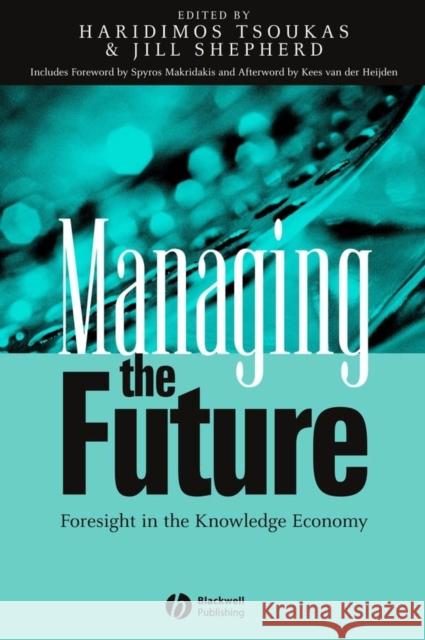Managing the Future: Foresight in the Knowledge Economy » książka
topmenu
Managing the Future: Foresight in the Knowledge Economy
ISBN-13: 9781405116145 / Angielski / Twarda / 2004 / 240 str.
In this book, leading authors explore ways in which organizations can develop their ability to manage the future.
- An exploration of the ways in which organizations can develop their ability to manage the future.
- Consists of ten papers written by authors from both sides of the Atlantic and from Asia, all of whom are distinguished scholars in the fields of strategy or organizational learning.
- Addresses key questions about how organizational foresight can be conceptualized and developed, and the extent to which it is possible.
- The papers are prefaced by a foreword from Spyros Makridakis and an introduction from the editors.
- Helps to shape a new research agenda, and so will be of interest to academics, as well as to students and practitioners.











